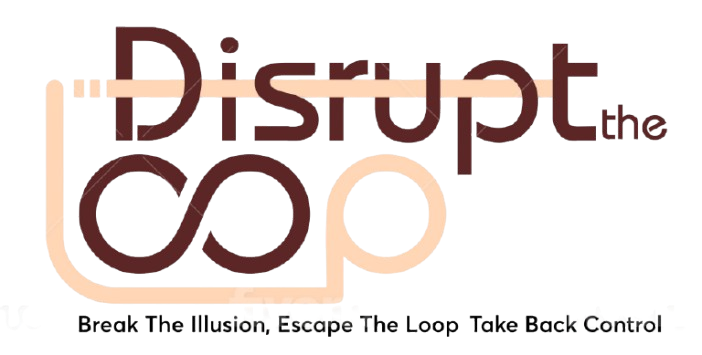Is Knowledge Always Power?
We often believe that understanding a problem is the first step toward solving it. From therapy to education to business strategy, the assumption is simple: more knowledge leads to better decisions.
But what if this very belief is leading us astray?
Recent research suggests that our brains, our institutions, and our ways of interpreting the world create self-reinforcing traps—what some call “interpretive prisons.” These loops don’t just make us resistant to change; they actually manufacture evidence to validate their own existence.
From neuroscience to psychology to business, let’s explore how our knowledge systems can deceive us—and what we can do to escape the trap.
The Brain’s Self-Fulfilling Prophecies
Consider something as simple as a headache.
At first, it’s just a neutral physical sensation. But then, our brain interprets it as a warning sign—a possible illness, a sign of stress, or even something life-threatening.
This interpretation triggers a stress response:
✅ Increased blood pressure
✅ Heightened awareness of pain
✅ More stress and anxiety
Suddenly, the headache isn’t just a mild symptom anymore—it’s a validated health crisis. The brain sees this reaction and concludes:
“See? I was right to be worried. This really IS dangerous.”
But was it? Or did the brain’s own reaction create the very danger it was trying to prevent?
This is a classic self-validating loop, and it doesn’t just happen with pain—it happens with emotions, fears, and even our deepest beliefs.

